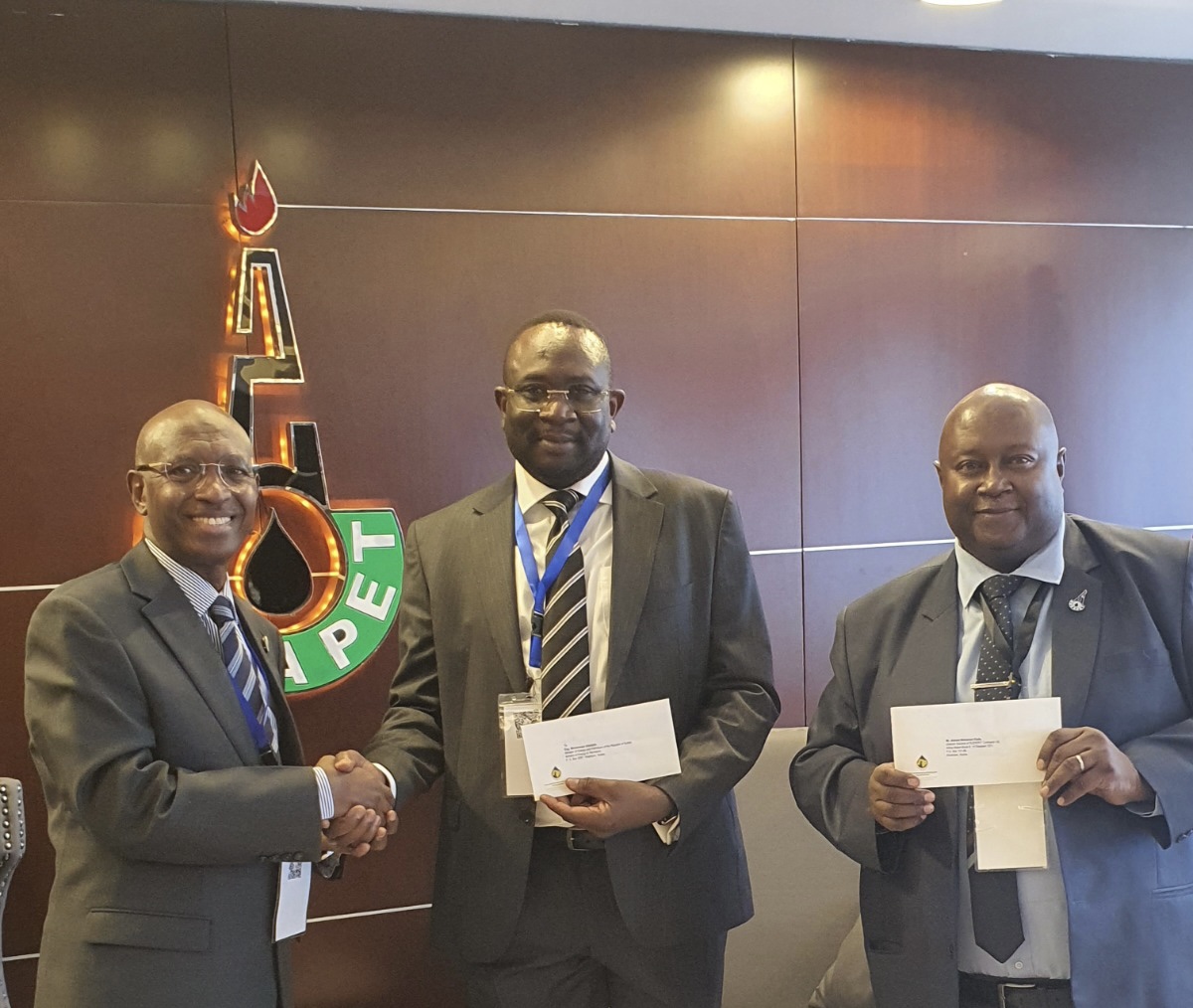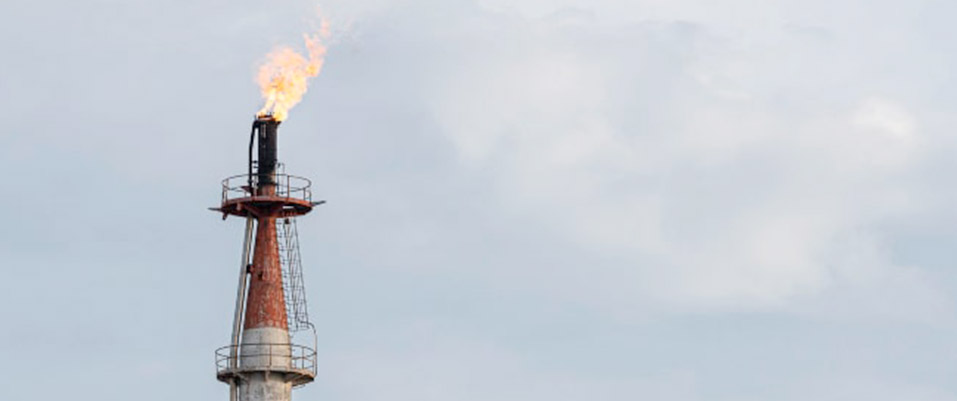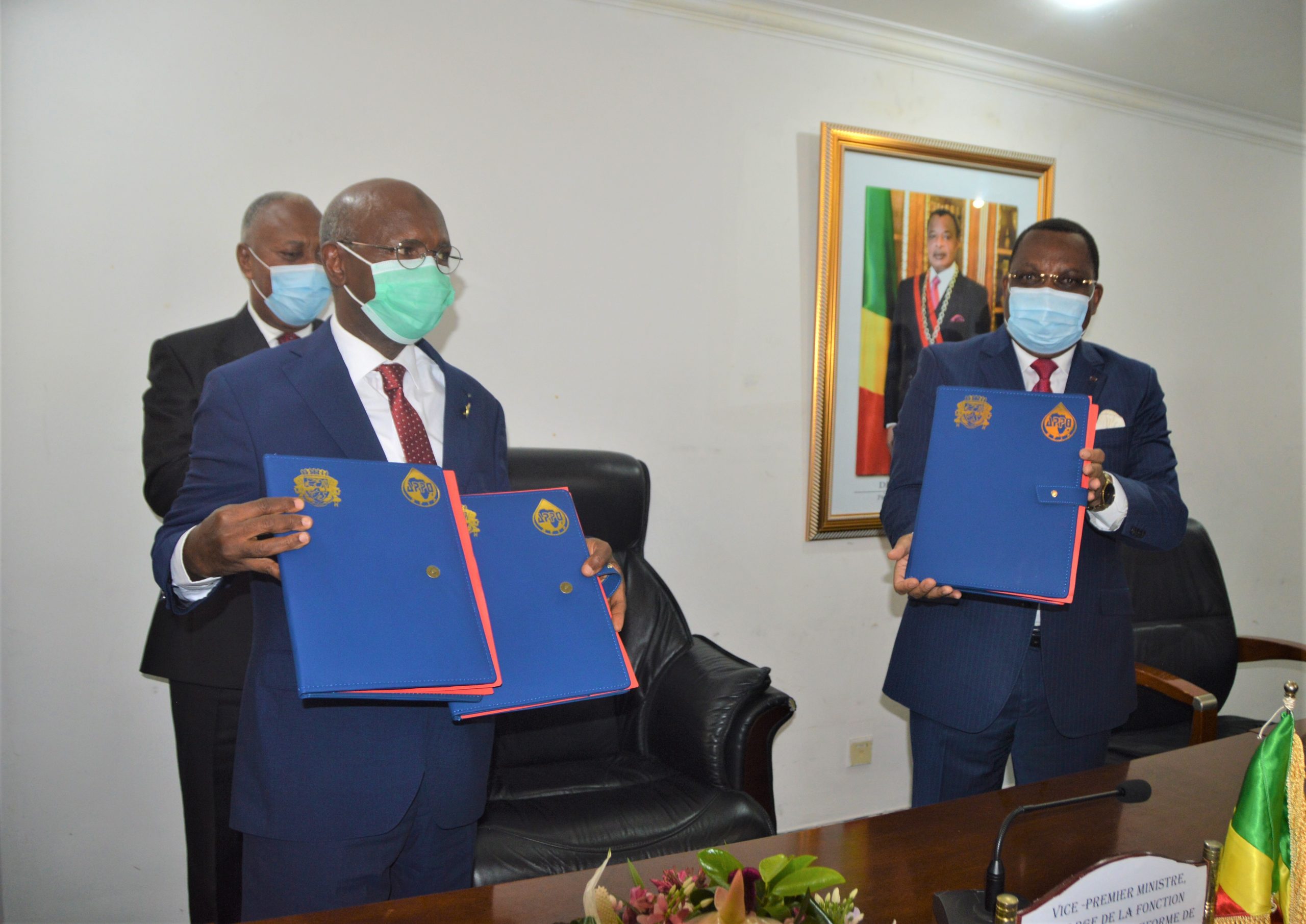In April, seven European countries, including France, Germany, and the United Kingdom, announced that they would halt public funding for certain fossil fuel projects abroad. A little less than one year prior, Norway’s sovereign wealth fund, the largest in the world, sold out of positions in major mining and energy companies because of environmental concerns. And in 2018, Ireland became the first country to pledge to entirely divest from fossil fuels.
After decades of profiting from oil and gas, a growing number of wealthy nations have banned or restricted public investment in fossil fuels, including natural gas. Such policies often do not distinguish between different kinds of fuels, nor do they consider the vital role some fuels play in powering the growth of developing economies, especially in sub-Saharan Africa. As development finance institutions try to balance climate concerns against the need to spur equitable development and increase energy security, the United Kingdom, the United States, and the European Union have all taken aggressive steps to limit fossil fuel investments. The World Bank and other multilateral development banks are being urged by some shareholders to do the same. The African Development Bank, for instance, is increasingly unable to support large natural gas projects in the face of European shareholder pressure. Even UN Secretary-General António Guterres has called on countries to end all new fossil fuel exploration and production.
Although all countries must play their part in the fight against climate change, a global transition away from carbon-based fuels must account for the economic differences between countries and allow for multiple pathways to net-zero emissions. For countries such as my own, Nigeria, which is rich in natural resources but still energy poor, the transition must not come at the expense of affordable and reliable energy for people, cities, and industry. To the contrary, it must be inclusive, equitable, and just—which means preserving the right to sustainable development and poverty eradication, as enshrined in global treaties such as the 2015 Paris climate accord.



